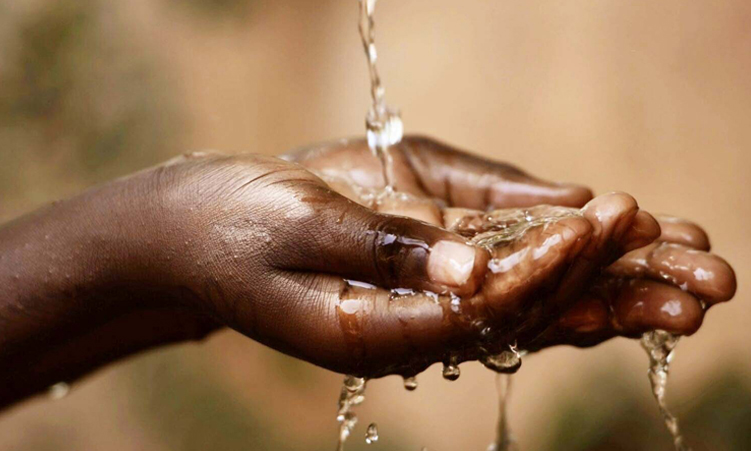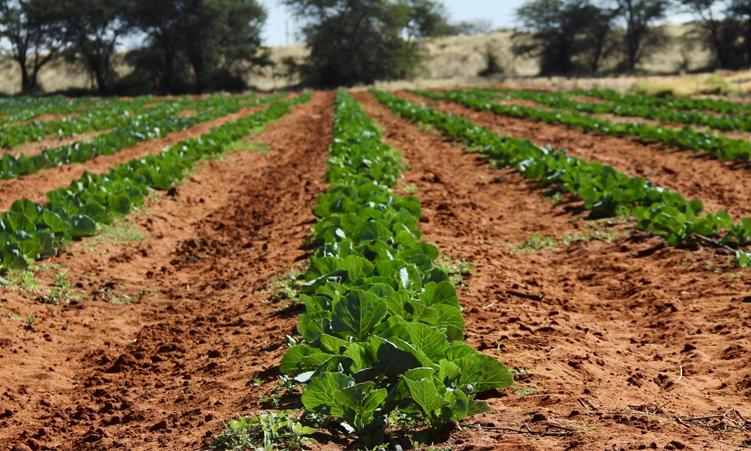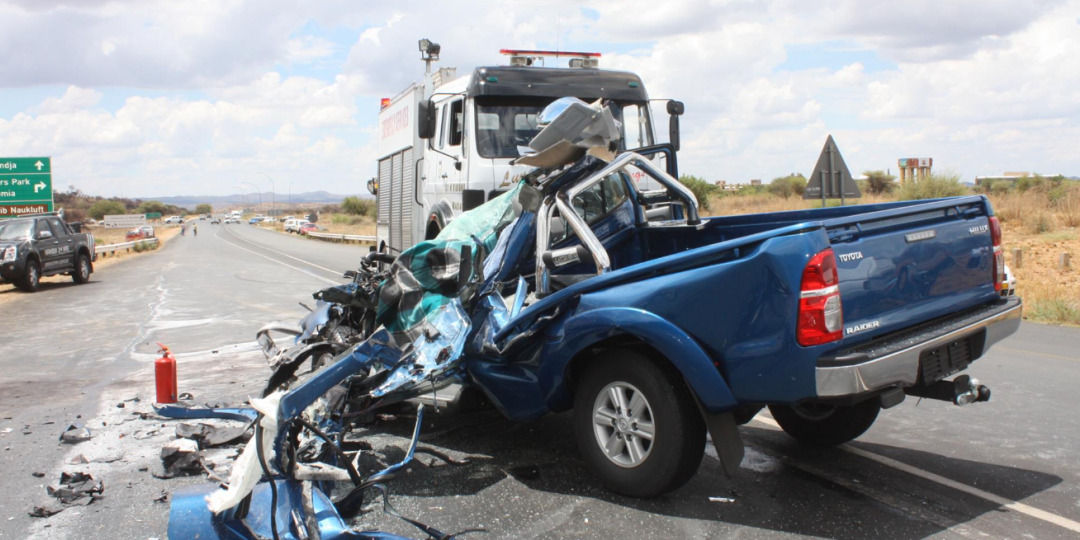GENEVA – The upper crust or sophisticated business clients of a Swiss private bank would appear to be unlikely investors in sometimes rabble-rousing “media heroes” in developing or emerging nations.
But Zurich’s Vontobel Bank believes there is sufficient demand to warrant an innovative investment fund aimed specifically at providing independent newspapers, radio, TV or other media with the kind of finance that allows freedom of the press to flourish. “There are quite a few high net-worth individuals who don’t just want a financial return,” said Claudia Kraaz, a spokeswoman for Vontobel.”We really see a growing demand from institutional and, above all, private clients for social investments,” she added.On May 3, World Press Freedom Day, the bank and its partners announced the 20-million-Swiss-franc Media Development fund that will be launched on financial markets later this month.About 80 per cent of it will be a conventional fixed term, five-year investment, providing a steady Swiss-style financial return to investors.The rest will be a loan at an interest rate of one per cent per year to the Media Development Loan Fund (MDLF), an agency set up by a former head of the Serbian independent radio station B-92, which was once a thorn in the side of the Milosevic regime.”It won’t be a product that sells in the hundreds of millions of Swiss francs,” Kraaz acknowledged.”But there is a demand, we’ve been seeing that lately.”On the financial side, Vontobel provided the structure and management of the bond-like fund, while the Swiss government’s development co-operation agency guaranteed the secondary market liquidity to ensure it remains tradable.A Swiss social investment company that mainly deals with micro finance, ‘ResponsAbility’ – partly owned by Vontobel, other banks and the reinsurer Swiss Re – chose MDLF and will maintain oversight over its recommended beneficiary.ResponsAbility argues that there is an important link between economic growth and information.It points to a World Bank study that lauded “reliable, current independent information”, saying it was essential for “good” economic decisions.And a shortage of a decent standard of information in some countries is not only a consequence of outright censorship, but also economic reality, the fund’s partners argue.MDLF founder and head, Sasa Vucinic, left Serbia in March 1993, setting up his agency two years later to provide loans on favourable conditions to independent media in emerging democracies.Vucinic believes the fratricidal conflict in the former Yugoslavia helped draw attention to the need to support independent and diverse outlets in similar environments.”That was the inspiration.If you’re running an independent media company you don’t have too many friends – for banks, the best way is if they can ignore you, governments usually don’t like you or distrust you,” he explained.”There are always local moguls, but with the money comes an editorial policy and if you do not want that, then it’s a serious problem.”MDLF has helped B-92, and more than 50 other outlets in 17 countries, including a Siberian newspaper, a radio station in Indonesia, Noseweek in South Africa or the newspaper El Periodico in Guatemala.Entertainment stations are ruled out, serious news and information is in.”We like to get those media heroes who proved their editorial independence and are turning those companies into financially sustainable entities – we don’t like the term profitable because that assumes big returns,” Vucinic said.New loans of about 11 million dollars this year are planned in Bolivia, Colombia, the Balkans, Russia, Ukraine, Senegal, Angola and Mozambique.The investment fund also bridges a gap for both sides.For ResponsAbility’s managing director, Klaus Tischhauser, it is a way of leveraging financial markets for amounts that would normally be dismissed as too small.”They only look at things that appear on the radar screen.If it’s not 40 million dollars, then for instance private equity funds would never look at it,” Tischhauser said.Equally, MDLF found that it was starting to exceed the resources that its typical sources of funding – private or charitable foundations, development agencies – could provide.The new fund will also help the MDLF maintain its own independence, Vucinic explained, in keeping with editorial criteria that he imposes on those who are supported by the agency’s loans.”In the business of providing serious news, returns are not high,” he said, echoing a concern that is sometimes voiced in wealthier media environments.- Nampa-AFP”There are quite a few high net-worth individuals who don’t just want a financial return,” said Claudia Kraaz, a spokeswoman for Vontobel.”We really see a growing demand from institutional and, above all, private clients for social investments,” she added.On May 3, World Press Freedom Day, the bank and its partners announced the 20-million-Swiss-franc Media Development fund that will be launched on financial markets later this month.About 80 per cent of it will be a conventional fixed term, five-year investment, providing a steady Swiss-style financial return to investors.The rest will be a loan at an interest rate of one per cent per year to the Media Development Loan Fund (MDLF), an agency set up by a former head of the Serbian independent radio station B-92, which was once a thorn in the side of the Milosevic regime.”It won’t be a product that sells in the hundreds of millions of Swiss francs,” Kraaz acknowledged.”But there is a demand, we’ve been seeing that lately.”On the financial side, Vontobel provided the structure and management of the bond-like fund, while the Swiss government’s development co-operation agency guaranteed the secondary market liquidity to ensure it remains tradable.A Swiss social investment company that mainly deals with micro finance, ‘ResponsAbility’ – partly owned by Vontobel, other banks and the reinsurer Swiss Re – chose MDLF and will maintain oversight over its recommended beneficiary.ResponsAbility argues that there is an important link between economic growth and information.It points to a World Bank study that lauded “reliable, current independent information”, saying it was essential for “good” economic decisions.And a shortage of a decent standard of information in some countries is not only a consequence of outright censorship, but also economic reality, the fund’s partners argue.MDLF founder and head, Sasa Vucinic, left Serbia in March 1993, setting up his agency two years later to provide loans on favourable conditions to independent media in emerging democracies.Vucinic believes the fratricidal conflict in the former Yugoslavia helped draw attention to the need to support independent and diverse outlets in similar environments.”That was the inspiration.If you’re running an independent media company you don’t have too many friends – for banks, the best way is if they can ignore you, governments usually don’t like you or distrust you,” he explained.”There are always local moguls, but with the money comes an editorial policy and if you do not want that, then it’s a serious problem.”MDLF has helped B-92, and more than 50 other outlets in 17 countries, including a Siberian newspaper, a radio station in Indonesia, Noseweek in South Africa or the newspaper El Periodico in Guatemala.Entertainment stations are ruled out, serious news and information is in.”We like to get those media heroes who proved their editorial independence and are turning those companies into financially sustainable entities – we don’t like the term profitable because that assumes big returns,” Vucinic said.New loans of about 11 million dollars this year are planned in Bolivia, Colombia, the Balkans, Russia, Ukraine, Senegal, Angola and Mozambique.The investment fund also bridges a gap for both sides.For ResponsAbility’s managing director, Klaus Tischhauser, it is a way of leveraging financial markets for amounts that would normally be dismissed as too small.”They only look at things that appear on the radar screen.If it’s not 40 million dollars, then for instance private equity funds would never look at it,” Tischhauser said.Equally, MDLF found that it was starting to exceed the resources that its typical sources of funding – private or charitable foundations, development agencies – could provide.The new fund will also help the MDLF maintain its own independence, Vucinic explained, in keeping with editorial criteria that he imposes on those who are supported by the agency’s loans.”In the business of providing serious news, returns are not high,” he said, echoing a concern that is sometimes voiced in wealthier media environments.- Nampa-AFP
Stay informed with The Namibian – your source for credible journalism. Get in-depth reporting and opinions for
only N$85 a month. Invest in journalism, invest in democracy –
Subscribe Now!










